Many have been sceptical of Freud's claim that unconscious desires control our lives. Yet studies show the conscious brain processes only a tiny fraction of the brain as a whole. Are hidden desires and secret thoughts driving our actions, or is our conscious brain in full control?
Richard Bentall is a clinical psychologist and author of Doctoring the Mind and Madness Explained. He is a leading critic of biological explanations of mental illness and the pharmaceutical industry. He teaches at the University of Liverpool.
Here he speaks to the IAI about fantasy, disgust, cognitive behavioural therapy, and the “two brains” of every human being.
In the Hidden Desires and Secret Thoughts debate, you argued that there is such a thing as the unconscious realm. How can we know that?
The unconscious is a loaded concept because it means different things to different people. Freudians, for example, will talk about a dynamic unconscious where the subconscious has motivational properties. The Freudian view is that a dream is a secret wish escaping from day-time repression into a quasi-conscious state.
But there’s another concept of the unconscious which is much more consistent with what we know about psychology and neuroscience. This is the idea that we’re simply not aware of the causes behind a lot of what we do, perhaps the majority of what we do. What happens is that we’re responding to stimuli in our environments in all sorts of subtle ways and this is all operating at an unconscious level. Perhaps a Freudian would say a pre-conscious level. This relates to an idea which I’m very keen on – the idea that in a sense human beings have two brains.
The problem we share with other vertebrates is that we have an associative brain that works by conditioning. I shouldn’t say conditioning; it’s actually a very subtle process. Somebody once said that the only simple thing about conditioning is the name. On top of that are the language-based, hard cognitive processes. We suffer the illusion a lot of the time that our decisions get made at that higher conscious level.
A good example is that of values and moral beliefs. For many years psychologists have been looking at the moral beliefs of children and how they develop over time. We’ve persuaded ourselves that the highest level of moral development is where a child can start reasoning in a utilitarian or a Kantian way so either in terms of a desirable outcome or a process dictated by logic. That’s all very good but it’s based on testing children who in adulthood end up having expensive university educations. They are not representative of humanity as a whole because they’ve been taught to reason in that way as part of their education. For most parts of the world and most people, a lot of our moral reasoning is intuitive. For example, take people’s attitudes towards minorities. Homophobia, for example, is very strongly related to the emotion of disgust – and that’s conditioned. What happens is you experience a gut reaction – “that doesn’t appeal to me” – and then your higher cognitive brain constructs some explanations of that initial reaction. Often we construct some quite daft ideas and then persuade ourselves that it was the idea which led to the reaction, when in fact it can be the other way round.







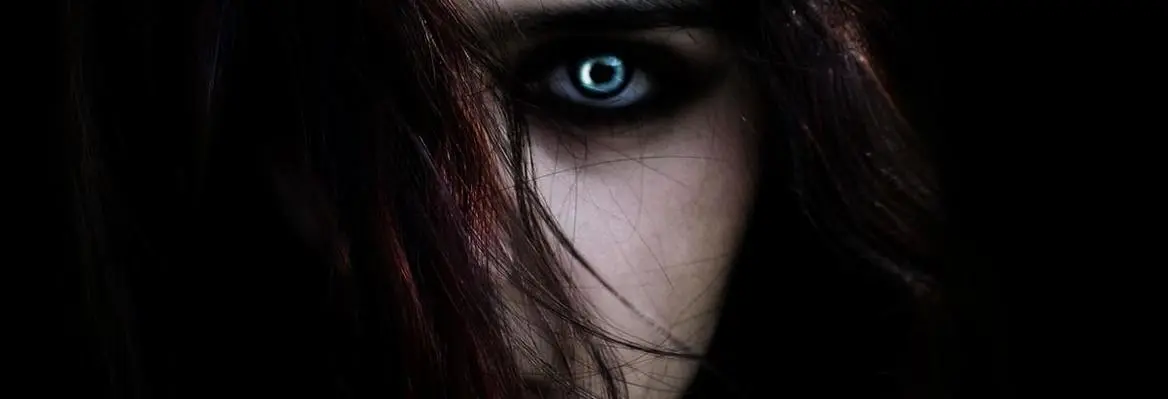




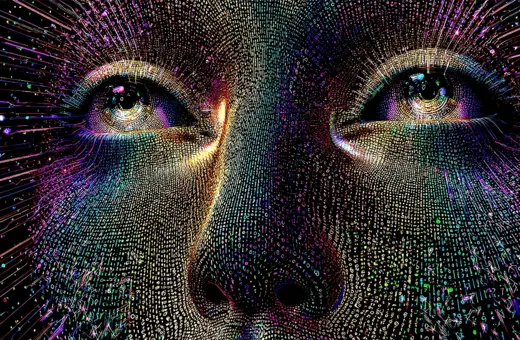
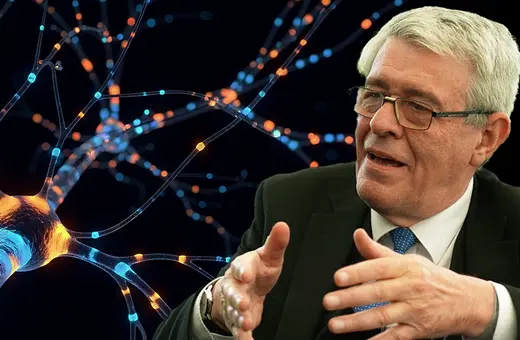
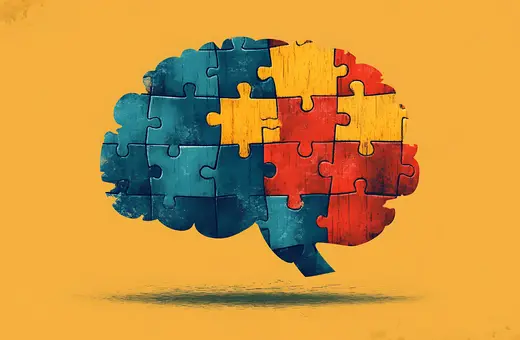
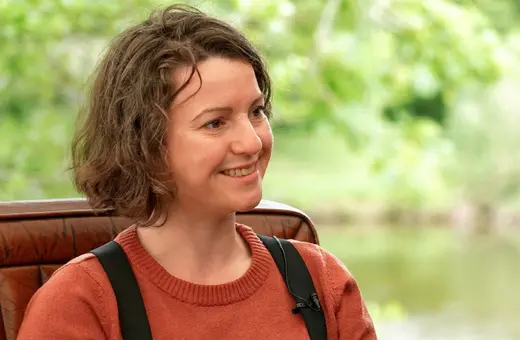



Join the conversation